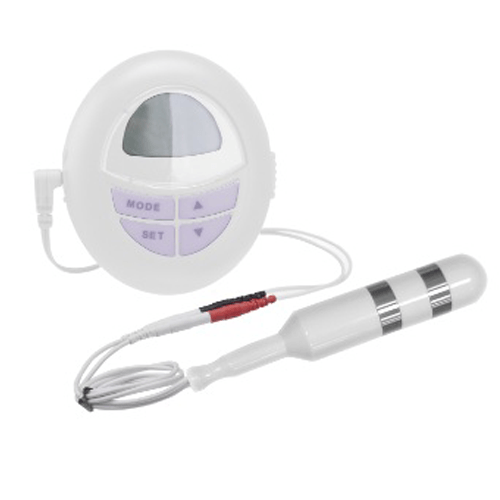

medical centers who recorded at least six urgency incontinent episodes over three consecutive days and had not improved with other treatments. The study involved 381 women from nine U.S.

“That’s why it’s important for both patients and health care providers to have information that can guide their choice between these two therapies.” Parker Professor of Obstetrics and Gynecology at Duke University School of Medicine. Amundsen, M.D., the study’s lead author and the Roy T. “Urgency urinary incontinence is common, with 17 percent of women over age 45 and 25 percent of women over age 75 suffering from it,” said Cindy L. A sacral neuromodulation implant does the same thing by sending electrical pulses to nerves in the spine. 4 in the Journal of the American Medical Association (JAMA).Īn injection of botulinum toxin in the bladder muscle works to address urgency urinary incontinence by relaxing the overactive bladder muscles that cause the condition.

If those treatments prove inadequate however, patients may seek more invasive options, including a form of nerve stimulation called sacral neuromodulation (an implanted device sold as InterStim), or a bladder injection of botulinum toxin, which is sold as Botox.Ī head-to-head comparison of sacral neuromodulation and botulinum toxin led by a Duke Health researcher shows that Botox provides more daily relief for women, but might also be associated with more adverse events. Patients looking for relief can initially opt for first- and second-line therapies such as drinking fewer liquids or caffeinated beverages, pelvic floor muscle training, and medication. When women suffer from bladder incontinence, the urge to urinate can come on suddenly and sometimes uncontrollably, leading to leakage. Social Media & Marketing Resources for Research Studies/Clinical TrialsĭURHAM, N.C.Career Development Programs – BIRCWH, KURe, WRHR.Virtual Tour - Duke Health’s educational, research, and clinical facilities.Education & Training toggle sub nav items.Women's Community and Population Health.Reproductive Endocrinology & Infertility.Faculty Appointments, Promotion & Tenure (APT).


 0 kommentar(er)
0 kommentar(er)
